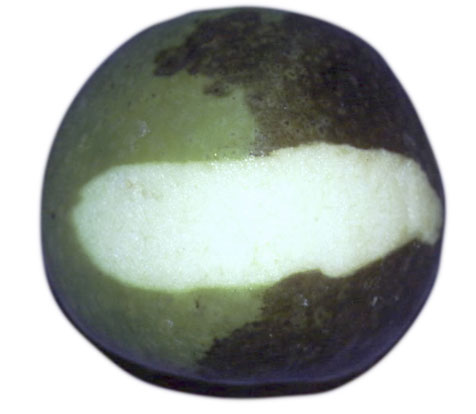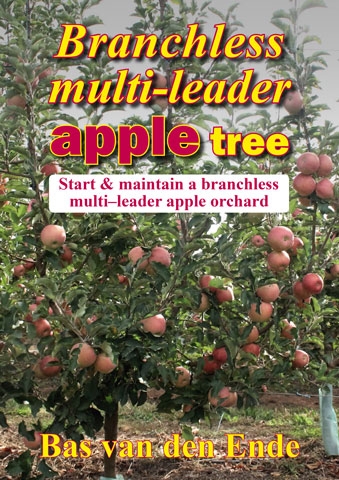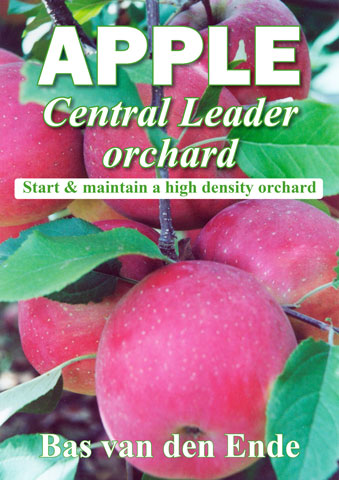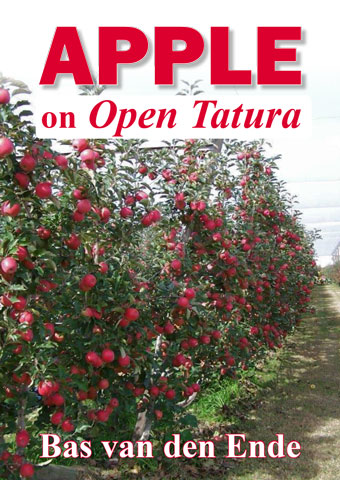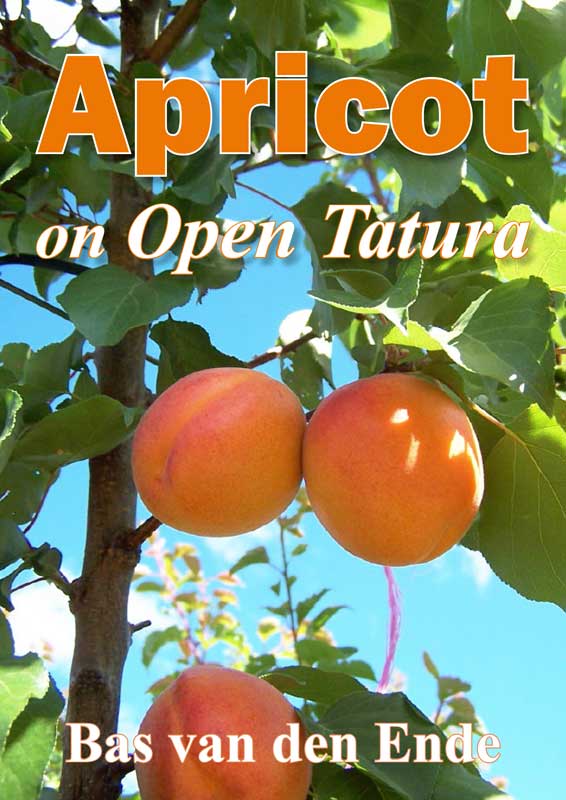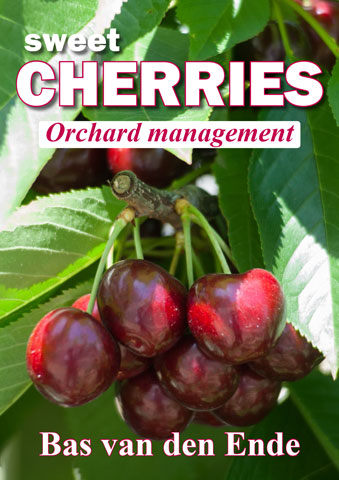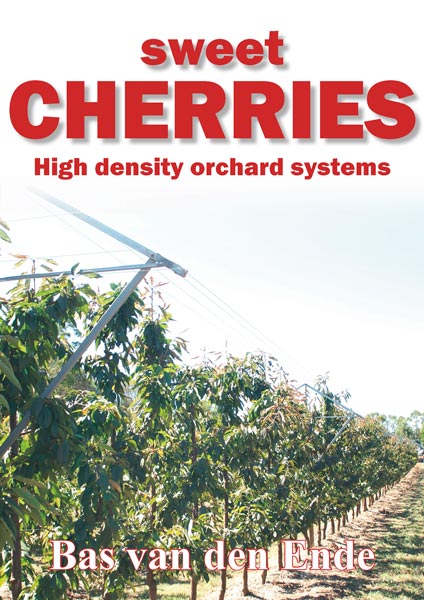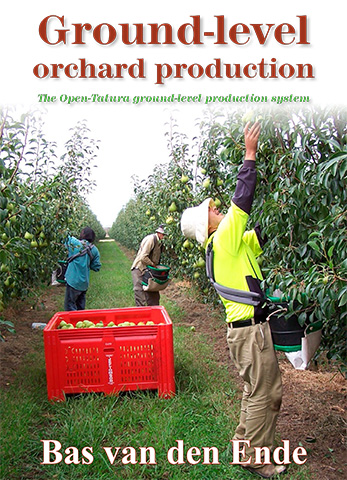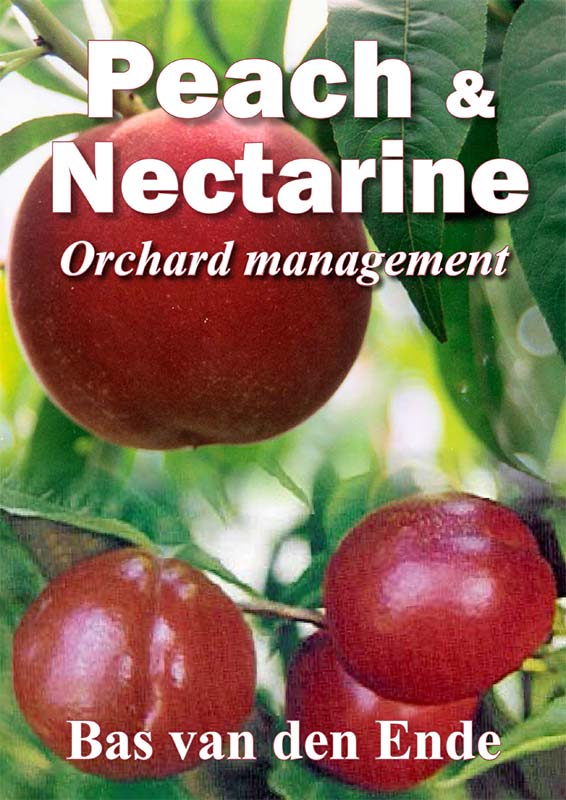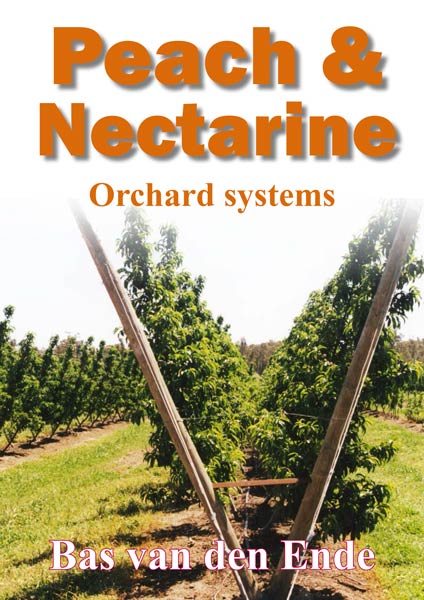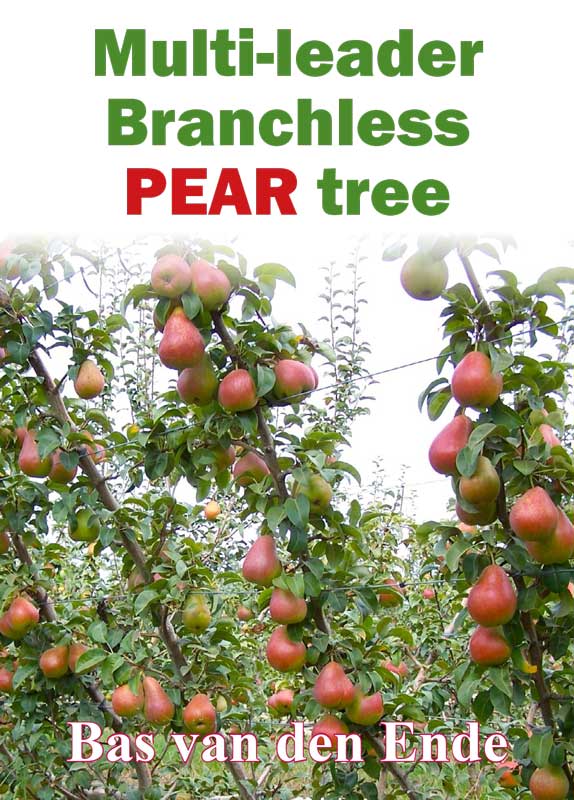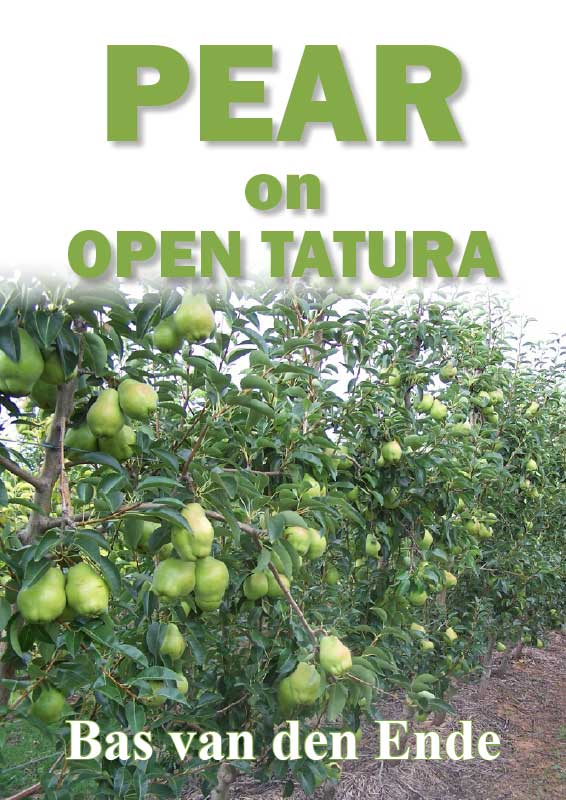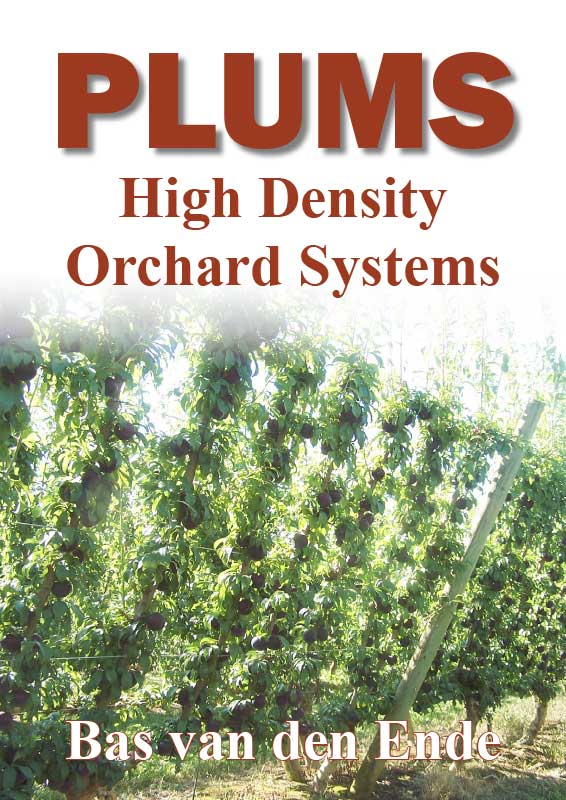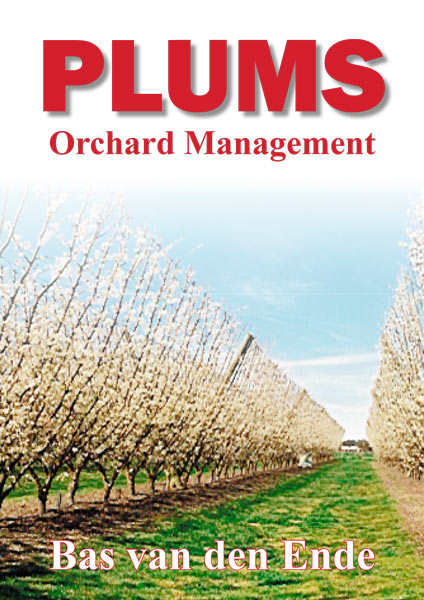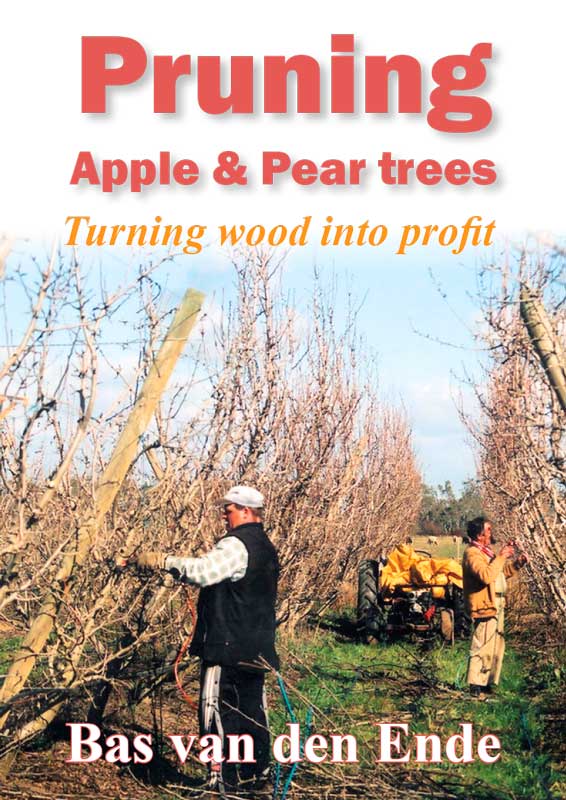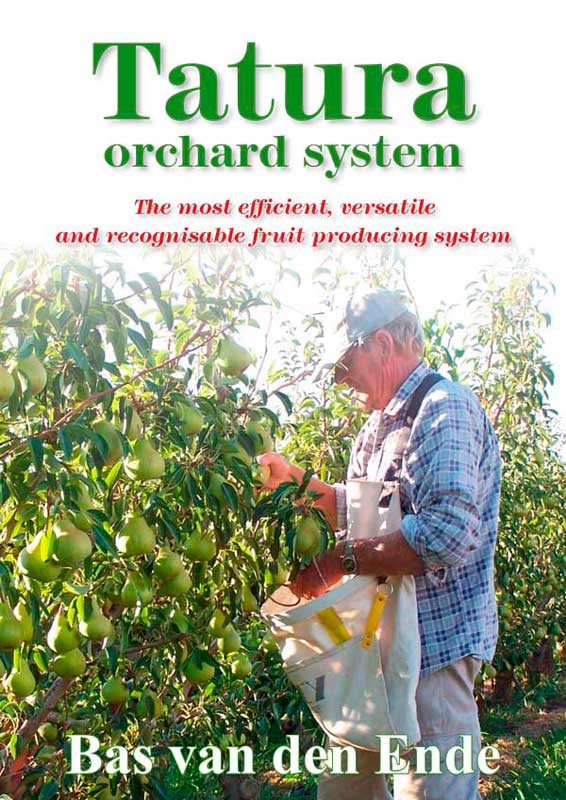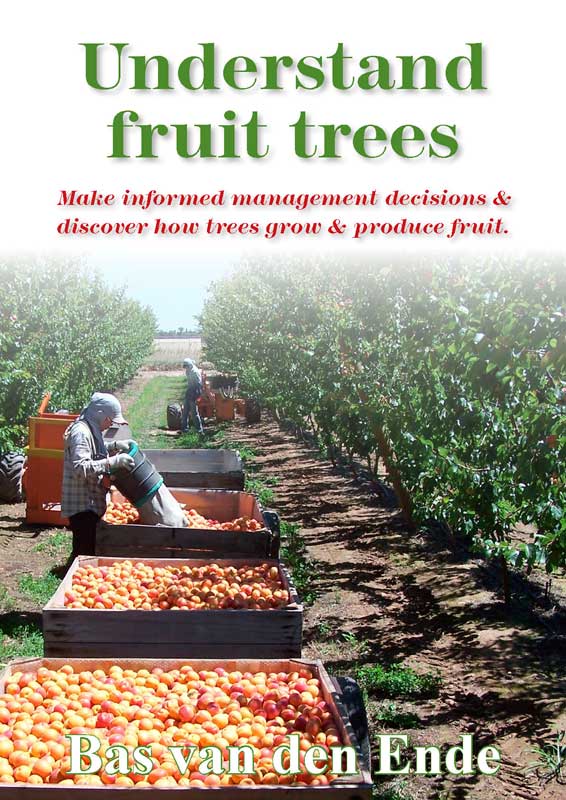Superficial scald (scald) is a long-term storage disorder of apples (particularly Red Delicious and Granny Smith) and pears.
Scald is a physiological disorder, which means it occurs randomly during storage and is not caused by a disease.
Scald control (continued from last issue)
Scald can be controlled by postharvest chemical treatments such as:
• diphenylamine (DPA) or
• 1-methylcyclopropane (1-MCP) or
• dynamically controlled atmospheres (DCA).
1-methylcyclopropene treatment
1-methylcyclopropane (1-MCP) inhibits scald while maintaining apple quality during storage.
It is registered in apples to:
• reduce the incidence of superficial scald, peel greasiness and mealiness
• maintain firmness and titratable acidity.
1-MCP works with the natural ripening process to temporarily stop the fruit from producing the naturally occurring ripening hormone ethylene, and from responding to outside sources of ethylene such as other apples.
1-MCP works in anon-toxic way and has no detectable residues.
For effective scald control, 1-MCP must be applied at the appropriate harvest maturity and as soon as possible after harvest (generally within 5 days), and before storage and packing. 1-MCP is applied as gas and therefore using an air-tight room is essential.
When applied correctly, the benefits of 1-MCP treatment continue to work after removal from cold storage. Once treated fruit are removed from storage, ripening continues at a much slower rate. It is this delay in ripening that reduces softening and inhibits superficial scald.
Note: 1-MCP is not a substitute for correct postharvest handling, storage and transport practices. Correct temperature management is still paramount in maintaining quality fruit.
Dynamically controlled atmospheres
Dynamically controlled atmospheres (DCA) are a non-chemical method for managing scald and maintaining the postharvest quality of apples in long-term cold storage.
(cont next issue)
Download the Orchard plant protection guide
See this article in Tree Fruit July 2022
